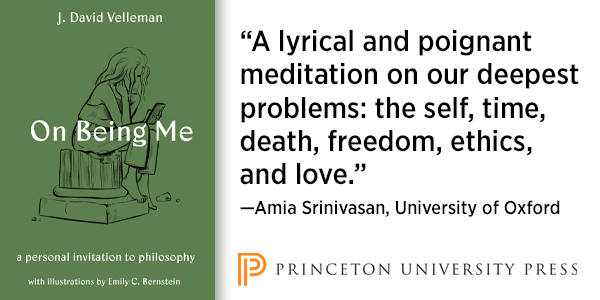“I can do both these jobs. But can I do them both at once?”
“Is Aristotle a person, or is he a subject that you study?” This is a question from my youngest son, a star, a tap-dancer, almost eight, standing beside me in our living room as I conduct a Zoom class for my undergraduates.
He’s become proficient at Zoom over the last few weeks, as many have; he and his brother use it themselves to connect with their own New York City public school teachers. He’s taken to regarding my classes as his personal audience: he has dressed up as Batman in three different capes over the last few weeks, for the thrill of applause. Today, he’s trying to impress my Metaphysics class, all four of them, on our optional live chat, which is supposed to answer questions leftover from lecture videos and discussion boards. He succeeds. I explain to my extremely patient and long-suffering university students: the way my attention works is that I can’t help trying to parse my son’s explosively sudden question as metaphysical distinction first, before dragging myself back to their question about whether the study of metaphysics, according to Aristotle, ends in the contemplation of the first cause, God. They laugh. They are kind, and intellectually forgiving enough to recognize that both questions, theirs and the second grader’s, are metaphysically interesting; and let’s be honest, his antics are adding a human touch.
So begins a wonderful essay on life and work as an academic with young children under pandemic closures and restrictions, by Mary Townsend, an assistant professor of philosophy at St. John’s University in Queens, New York, in Plough.
Many academics have found themselves with two full-time jobs: college professor and assistant school teacher. Dr. Townsend writes:
I can do both these jobs. But can I do them both at once? Each requires precisely the same window of time and totality of attention, at the same time and in the same respect. In metaphysics, this is a job for the principle of non-contradiction, which is supposed to be unbreakable: the same thing can’t be and not be at the same time in the same respect. Right now I am breaking this law: or rather it, being unbreakable, is breaking me.
It is hard not to excerpt the whole thing. I mean, parents, just look:
If school were really at home, if home were the school, it would be obvious, and pressing, as it actually is right now, that what my children need is not to learn the Mayan number system, but to learn how to take out the trash. And help with the dishes. And the laundry. What would it even mean if they could learn to sweep? Help clean the bath, the toilet. Actually flush the toilet, every time? (They did learn, initially, and then their school got automatically flushing toilets, and they stopped, seemingly forever.)
Or:
What I’m doing now from my apartment—still reading and teaching metaphysics and ethics, grading exams, emailing students who haven’t posted anything for weeks, and doing it badly and slowly too, but getting paid—is possible and explicable on no other terms than that my children already know how to make themselves breakfast and lunch, and cautiously, take some advice about certain matters pertaining to dinner. The youngest boldly boiled corn for us the other day, his Platonic ideal of a vegetable. Even so, what I’m still struck by is the sheer volume of things I haven’t yet, somehow, taught my children to do. Certainly they know, in the abstract, that “the trash” must be “taken out.” Their sense of the process by which this is accomplished remains hazy in the extreme, like the chiliagon, the thousand-sided figure one can imagine, but never think.
Read the whole thing. And feel free to share your own reflections and stories.




The Field of Corn? right down the street from me in Columbus OH! was so surprised to see it on a DAILY NOUS post! Now I’ll go and read the actual post.
I like how some apparently call it Cornhenge.
Tamar! I thought the same thing! Small world for philosophers.
hey there; i forgot i had commented, and wondered how you knew i had seen the article!!! aha, small world indeed.
A small quibble, but evidence that I read to the end: The chiliagon is the specimen example of something one can’t distinctly imagine, although one can think about it clearly enough. How many sides has it got? 1000. How do I know? Certainly not by counting the sides of a chiliagon presented in imagination.